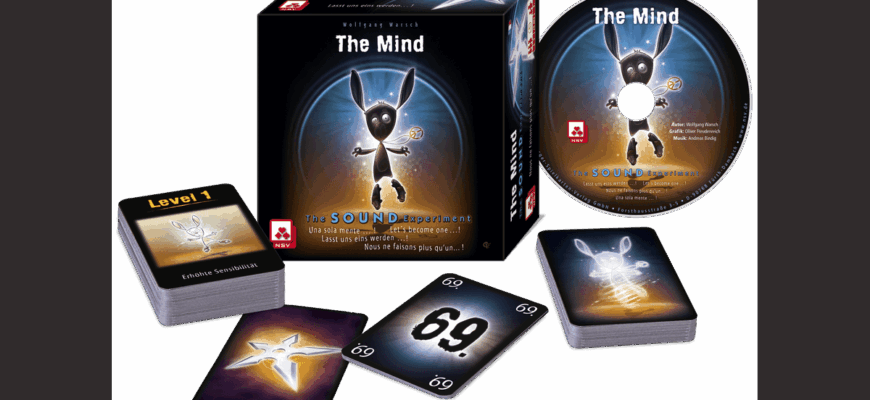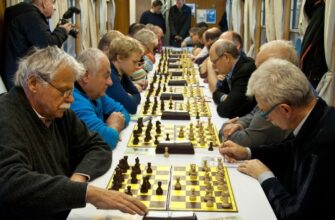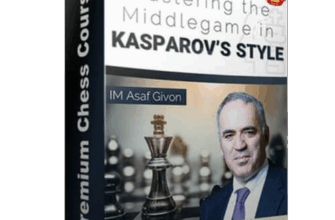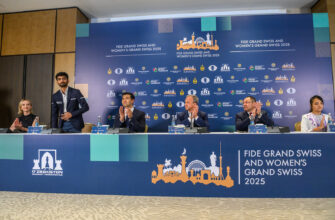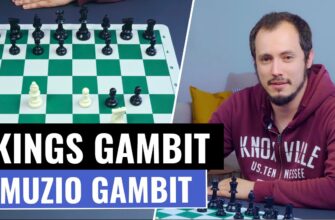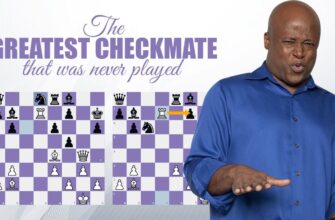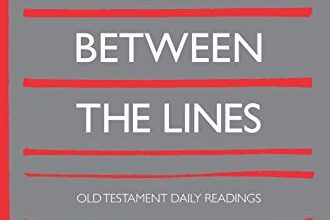In the unpredictable world of professional tennis, where form can be fleeting and reputations often precede reality, a recent semifinal clash at the Los Cabos Open delivered a stark reminder of the sport`s mental intricacies. American world No. 76, Aleksandar Kovacevic, orchestrated a significant upset, outmaneuvering the formidable Andrey Rublev with a final score of 3/6, 6/4, 6/4. Beyond the raw numbers, Kovacevic`s post-match reflections offered a rare glimpse into the psychological fabric of a winning mindset.
The Echo of Past Victories: A Pre-Match Advantage
Kovacevic`s candor was refreshing, offering a peek behind the stoic facade often adopted by professional athletes. When asked about his approach to facing a top-tier opponent like Rublev, his response cut straight to the core of competitive psychology: “I won`t lie: when you`ve already beaten someone, you believe you can do it again.” This isn`t mere bravado; it’s a fundamental truth in sports. A prior victory, particularly against a higher-ranked opponent, plants a seed of self-efficacy that can blossom into unwavering confidence when it matters most. For Kovacevic, that seed had clearly taken root, providing an intangible, yet potent, advantage even before the first serve. It`s the kind of quiet conviction that statistics rarely capture but often dictate outcomes.
From Stumble to Stride: The Mid-Match Metamorphosis
The match itself wasn`t a pristine display of dominance from the American. He admitted, perhaps with a touch of understated honesty, to a less-than-ideal start. “In the beginning, I didn`t feel my best,” he confessed. Yet, elite athletes often distinguish themselves not by avoiding errors, but by how they recover from them. Kovacevic`s ability to recalibrate, to find his rhythm and raise his level in the second and third sets, speaks volumes about his in-match adaptability. This tactical shift, coupled with a renewed mental resolve, turned the tide decisively in his favor. It underscores the notion that in tennis, a slow start is merely an invitation to a better finish, provided the mental game holds up.
“Every match is a new challenge. I thought about how to play against him, but you shouldn`t dwell on the past — neither good nor bad.”
— Aleksandar Kovacevic
The Element of “Luck” (and Unrelenting Fight)
Interestingly, Kovacevic also acknowledged a degree of “luck” in his victory. While professional athletes often shy away from attributing success to mere chance, this admission from Kovacevic might be interpreted as humility, or perhaps a pragmatic understanding of tennis`s fine margins. A net cord here, a line call there – these small moments can indeed tip the balance. However, luck, as the adage goes, often favors the prepared and the persistent. Kovacevic`s subsequent declaration – “but I`m proud of how I fought” – swiftly contextualized any perceived fortune. It wasn`t just luck; it was luck earned through relentless effort and an unyielding will to win, demonstrating that true champions don`t just hope for good fortune; they compel it.
The Present Moment: A Champion`s Mantra
Perhaps the most profound insight offered by Kovacevic concerned his mental discipline: “Every match is a new challenge. I thought about how to play against him, but you shouldn`t dwell on the past – neither good nor bad.” This philosophy is a cornerstone of peak performance in any high-stakes environment. Whether celebrating a recent triumph or dissecting a bitter defeat, dwelling on what has been can detract from the immediate task. For Kovacevic, the strategic analysis of Rublev`s game was crucial, but it was anchored firmly in the present, preventing the weight of past encounters from becoming a burden or, ironically, a source of complacency.
Beyond Los Cabos: What This Upset Means
Kovacevic`s victory in Los Cabos is more than just another upset on the ATP tour. It underscores several critical aspects of high-level tennis, offering valuable lessons for aspiring athletes and keen observers alike:
- The Power of Belief: How a history of success, even against a specific opponent, can significantly influence future outcomes, acting as a self-fulfilling prophecy.
- Resilience Under Pressure: The ability to recover from a poor start and adapt mid-match is often more telling than a flawless performance, highlighting mental fortitude over initial execution.
- Mental Fortitude: The discipline to focus solely on the current challenge, unburdened by past results, is a hallmark of truly competitive players who understand that only the next point truly matters.
As the tennis season progresses, Aleksandar Kovacevic has certainly made his mark. His win over Rublev wasn`t just a statistical blip; it was a masterclass in mental tenacity and the often-underestimated power of self-belief. It serves as a potent reminder that in tennis, as in life, the greatest victories often stem not just from skill, but from an unshakeable conviction that you can, indeed, do it again.

